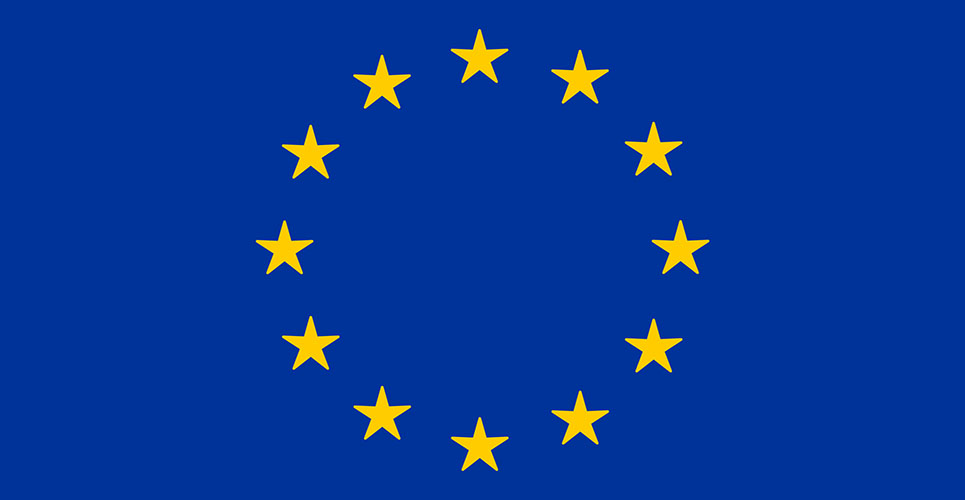Brian Edwards CBE
Professor of Healthcare Development
University of
Sheffield
UK
The announcement by WHO that acrylamide is causing cancer in the human population caused alarm bells to ring all over Europe.(1) Acrylamide is a chemical used in the manufacture of plastics and is a known carcinogen. It has now been confirmed that it is present in foods that form part of the staple diet in many European countries. High-starch fried foods such as crisps and chips contain alarming levels, many times higher than the currently advised safe level. “It’s a genotoxic substance, which means it goes into the genes and changes something which causes cancer,” said the WHO spokesman. This is not just another health scare – according to WHO experts, of the 30% plus cancers with dietary links a substantial proportion could be caused by acrylamide.
It appears to be the cooking process rather than the food that creates the high levels of acrylamide, which is why baked or fried products pose a particular risk. European rules limit the amount of acrylamide left on food from packaging, but the UK Food Standards Agency found substantially higher levels in overcooked chips, crisps and processed cereals,(2) confirming earlier studies carried out in Sweden. WHO has recommended further research for a better understanding of the formation of acrylamide, particularly how it is formed in the cooking process, how it affects people and how quickly the human body can break it down. Until these studies have been concluded no change in diet is recommended, except to eat a balanced diet, including a wide variety of fruit and vegetables.
So how long will Europe have to wait for these studies? What, if anything, should the EC do? And how real is the risk? The risk is clearly associated with long-term exposure. Any health promotion activity will take years to show any benefit. In the meantime a generation of mothers are worried about their children’s eating habits. Why did WHO issue this press release (which generated headlines across the world), if they are not recommending any action other than more research? What ethical code were they following or did they have their next budget submission in mind? Pharmacists will be one of the many health professionals whose advice will be sought by patients. What are they to say? Reassuring words like “We must wait for more research” do not seem to fit easily with expert opinion that compares this work with that which established the links between smoking and cancer. French fries manufacturers must be very worried. The EC can do a number of things. They could make sure the research recommended by WHO is properly funded and properly conducted. Food is clearly a significant component of healthy living. Perhaps pharmaceutical companies should enter this market in a more substantial manner. More consistency is needed in the advice offered by countries to their people.
Another set of ethical dilemmas concerns access to organs for transplantation. Across Europe there are many thousands of patients with kidney disease receiving renal dialysis. Many of these patients are waiting for a transplant, which would transform their lives. Spain is better than most at securing relatives’ permission to harvest organs, but they have inserted clear financial incentives for those hospitals whose staff first spot a potential donor. This seems to work and to be ethically acceptable. What is more problematic is allowing patients to find their own donor and offering them a fee for their organ. Israelis who go abroad to have a kidney transplant are able to get their costs reimbursed by their state insurance company. What, I wonder, would the European Court make of such a claim if one were presented to them by a citizen from one country who had gone to another for a kidney and claimed reimbursement on their return. An option being considered in England is to get a friend to contribute to the pool of donated kidneys and as a consequence get moved up the waiting list.
Can members of the Community have radically different ethical codes of practice in the health arena? Some issues do have a cultural aspect, but these are increasingly indefensible in an integrated Europe, even one with its boundaries extended. The European Community needs an Ethics Committee.
References
- WHO/FAO. Additional research on acrylamide in food essential, scientists declare [Press release 51]. 27/6/02.
- Food Standards Agency. Study confirms acrylamide in food [Press release]. London: FSA; 17/5/02.

